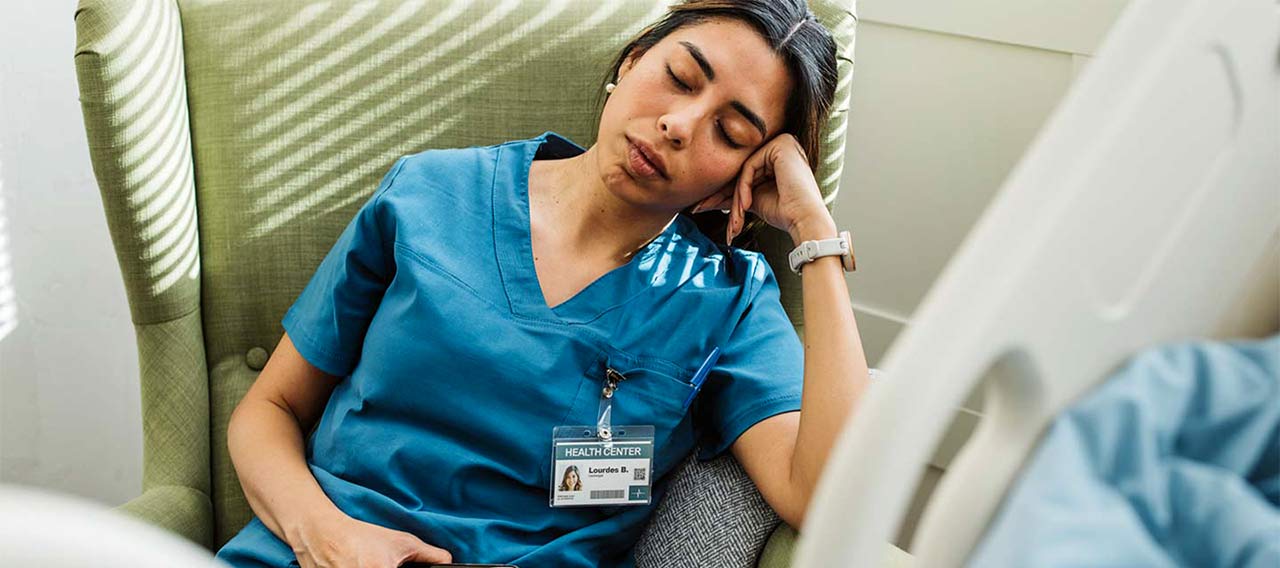- Individuals & Families
- Businesses
- Agents & Brokers
- Embedded Insurance

Chubb ranked #1 for Customer Satisfaction with the Home Insurance Claims Experience

Chubb ranked #1 for Customer Satisfaction with the Home Insurance Claims Experience

Chubb ranked #1 for Customer Satisfaction with the Home Insurance Claims Experience

Chubb ranked #1 for Customer Satisfaction with the Home Insurance Claims Experience

Because pets are family, Chubb now offers pet insurance with top-rated coverage from Healthy Paws.

Chubb offers the insurance protection you need for travel’s many “what ifs”.

Chubb protects small businesses at every stage – from newly formed start-ups to long-time anchors of the community.

Stay ahead of cyber threats with our free Cyber Claims Landscape Report.

Learn more about our dedicated learning paths, Online Learning Center, and more.

Many digital-savvy consumers look for it as a core or add-on option.

Many digital-savvy consumers look for it as a core or add-on option.

Many digital-savvy consumers look for it as a core or add-on option.

Chubb’s in-house technology makes it easy to integrate what we do into your customer experience.
-
About
-
Claims
-
Login & Pay Bill
For Agents & BrokersFor Travel Advisors
-
Back
Chubb’s Claims department includes a team of dedicated registered nurse professionals with extensive experience helping businesses address health and safety issues. Our nursing team also supports employees as they recover from injury and illness—and return to work. In the spirit of promoting safe and healthy workplaces, our medical specialists developed this edition of Chubb HealthBeat to help your business and employees prevent and respond to exposure to bloodborne pathogens.
What are bloodborne pathogens?
Bloodborne pathogens are infectious microorganisms—viruses, bacteria, and parasites—present in blood that can cause disease. These pathogens can be passed from person to person through contact with blood and other bodily fluids. Exposure can occur via contact with the eyes, nose, or mouth, or through a break in the skin, including abraded or chapped skin.
More than 20 diseases are attributed to bloodborne pathogens. The most common bloodborne pathogens are:
- Hepatitis B virus (HBV)
- Hepatitis C virus (HCV)
- Human immunodeficiency virus (HIV), which causes acquired immunodeficiency syndrome (AIDS)
All of these pathogens can cause serious illness, disability, and death.
Bloodborne pathogens in the workplace
Every year, millions of people are exposed to bloodborne pathogens while on the job. In the U.S., an estimated 400,000 needlesticks or sharps injuries—penetrating wounds from syringes, needles, scalpels, and lancets—occur in hospital settings.
While healthcare workers are at the greatest risk for exposure to bloodborne pathogens, people in many occupations are at risk, including:
- Body artists—tattooists and piercers
- Corrections employees
- Dentists and dental employees
- Educators
- First responders
- Long-term care facility employees
- Maintenance, housekeeping, laundry, and waste workers—especially at healthcare facilities
- Mortuary and death care workers
Taking steps to protect employees from bloodborne pathogens is the right thing to do—and it’s required by law for many businesses. The Occupational Safety and Health Administration (OSHA) requires employers to identify and protect workers who are occupationally exposed to blood or other potentially infectious materials. Many states also enforce their own safety requirements to prevent bloodborne pathogen exposure at the workplace.

Preventing exposure to bloodborne pathogens
Here are key steps employers can take to help protect their workforce from exposure to bloodborne pathogens:
- Provide safety devices (aka engineering controls)—Make the best safety devices available for preventing needlestick injuries, including sharps disposal containers, self-sheathing needles, and needleless IV systems.
- Establish safe workplace practices—Train and require employees to follow safe practices, such as using PPE, securing sharps disposal containers during transportation, and not recapping needles.
- Provide personal protective equipment (PPE)—High-quality gloves, gowns, face shields, and protective eyewear can all help protect workers from exposure to bloodborne pathogens. This equipment should be easily accessible to encourage use.
- Offer all at-risk employees the Hepatitis B (HBV) vaccine—While there are no vaccines for hepatitis C or HIV, there is a highly effective vaccine for hepatitis B that should be made available to all employees who are at risk of exposure to bloodborne pathogens. OSHA requires certain employers to make this vaccine available to their employees.
Many types of employers, including certain healthcare organizations, are required by law to establish and annually update an Exposure Control Plan that codifies practices to prevent exposure to bloodborne pathogens. Employers must also maintain a Sharps Injury Log for the recording of injuries from contaminated sharps.
Responding to bloodborne pathogen exposure
Prevention is the best defense against exposure to bloodborne pathogens, but if an employee is exposed, immediate steps should be taken to minimize the chance of infection. The Centers for Disease Control and Prevention (CDC) advises exposed employees to:
- Wash needlesticks and cuts with soap and water
- Flush splashes to the nose, mouth, or skin with water
- Irrigate eyes with clean water, saline, or sterile irrigants
- Report the incident to their supervisor
- Immediately seek medical treatment
It’s a good idea to post procedures in highly visible areas where exposure may occur so employees can act quickly to prevent infection.
Exposure to bloodborne pathogens can also take a psychological toll. Employers can help allay fear and anxiety by maintaining open lines of communication, providing education about exposure, and supporting employees as they undergo treatment.
Bloodborne pathogen resources
- CDC – Bloodborne Infectious Diseases: HIV/AIDS, Hepatitis B, Hepatitis
- CDC – Stop Sticks Campaign
- OSHA – Bloodborne Pathogens and Needlestick Prevention
- OSHA – Fact Sheet: OSHA’s Bloodborne Pathogen Standard
Learn how the Chubb Workers Compensation Claims Services team supports the health of your employees.
Insights and expertise








This document is advisory in nature and is offered as a resource to be used together with your professional insurance advisors in maintaining a loss prevention program. It is an overview only, and is not intended as a substitute for consultation with your insurance broker, or for legal, engineering or other professional advice.
Chubb is the marketing name used to refer to subsidiaries of Chubb Limited providing insurance and related services. For a list of these subsidiaries, please visit our website at www.chubb.com. Insurance provided by ACE American Insurance Company and its U.S. based Chubb underwriting company affiliates. All products may not be available in all states. This communication contains product summaries only. Coverage is subject to the language of the policies as actually issued. Surplus lines insurance sold only through licensed surplus lines producers. Chubb, 202 Hall's Mill Road, Whitehouse Station, NJ 08889-1600.


